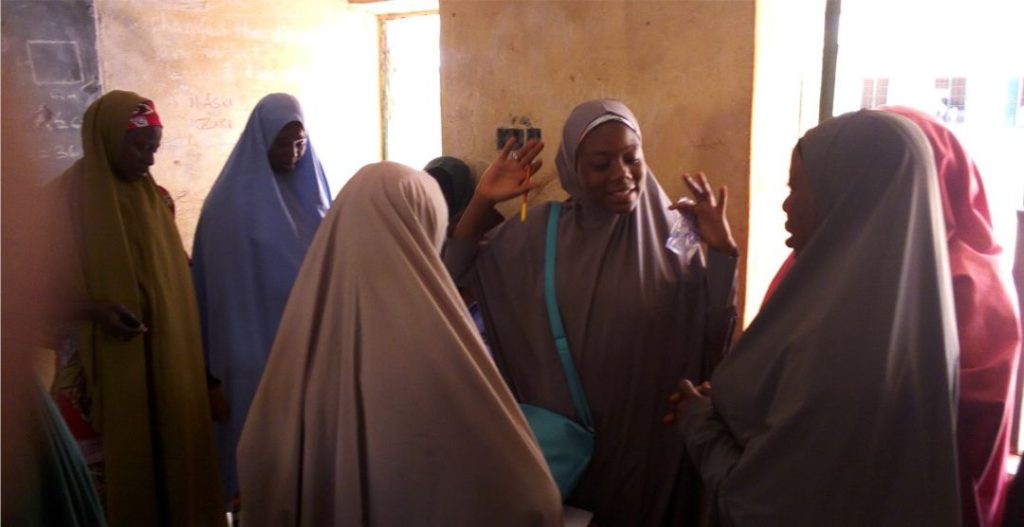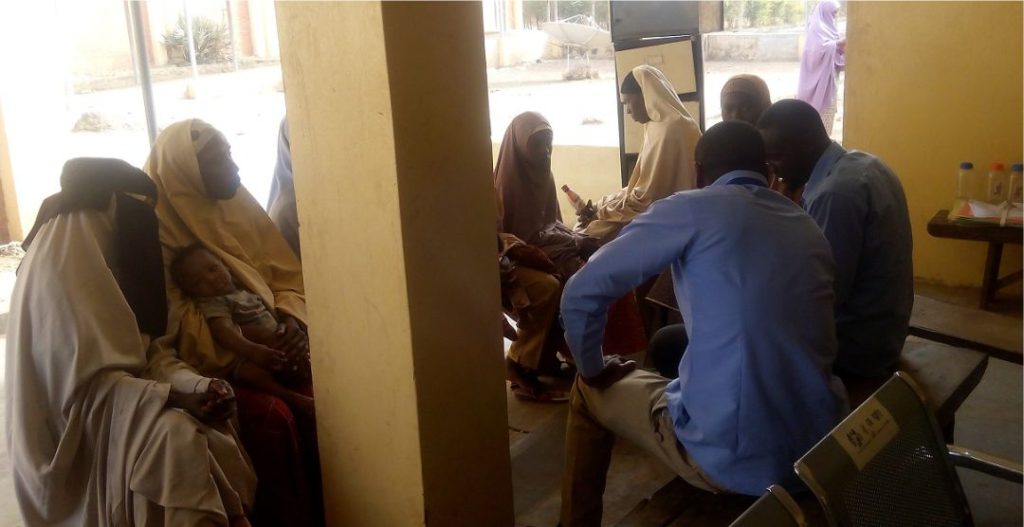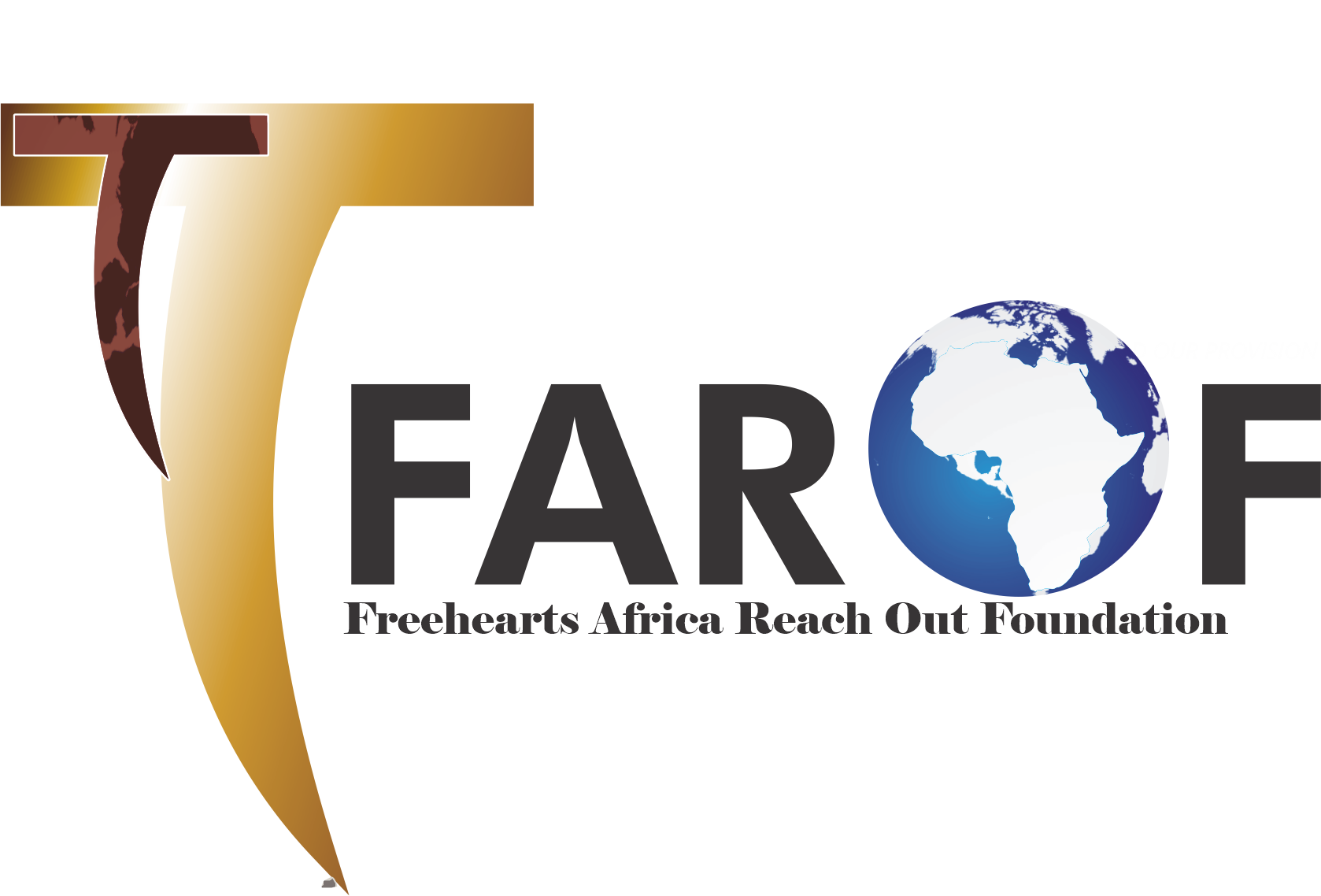Our PMTCT Success Stories

Trained Community Volunteers Counsel Pregnant Women And Mothers On Optimal Child-Rearing Practices
There are still a large proportion of children living with HIV/AIDS in Nigeria who have not being able to access care and treatment, especially in hard to reach communities due to varied challenges, such as poor road networks, poverty, need for consent, etc.
HIV awareness among rural women is lower 89% as compared to urban settings. women in the North Central exhibit the lowest awareness (84%), while women knowledge of a supportive place to get tested for HIV is lowest in the North West of Nigeria.
A self funded integrated PMTCT and OVC program by FAROF was conducted in one LGA of Kaduna State, called Birnin Gwari LGA, which came to a close at the end of 2017, was the first of its kind in the country, trained 7 mentors to counsel pregnant HIV-positive mothers on optimal child-rearing practices and offering psychosocial support to help them adhere to prevention of mother-to-child transmission (PMTCT) programs.
Aisha yusuf is one of the trained mentors from the Mother’s Support Group based at Randaki primary health care in Kaduna state, Nigeria.
Aisha says: “We teach mothers breastfeeding practices, family planning, as well as the importance of disclosure to a partner and the need to get all partners to come and test with us.”

Offering Consolation, Solidarity, And Friendship By Program Manager
In 2015, Binta Danladi tested HIV-positive when she was pregnant, which caused anxiety about the well-being of her child. She enrolled herself in the Mother’s Support Group at Jibrin magwari General hospital and started to receive counseling.
“I learned that it’s possible to be HIV-positive and have a HIV-negative child,” says Binta, “which might not have been possible had I not joined the group.”
She added that consolation and solidarity she derived from spending time with other young mothers in the support group was a big help and motivation, she says. “I have made new friends. Between us we continue sharing the support within the community.”
She says “I was able to disclose my HIV status to my husband.
Hadiza Umar has three children. In 2015 she discovered her HIV-positive status after undergoing a test . She says she benefited from learning about HIV-friendly family planning practices and coping strategies within the support group.
Hadiza says “The solidarity I experienced in the mother’s group saved me from losing my mind.”
Statistics for child and mother
From 2016 to 2018, 250 mothers were enrolled in the mentorship program at St. Lukes hospital, Kaduna State. Out of those 250 births, only 7 infants tested HIV-positive.
PMTCT Achievements (2017-2018)
- 40 Mentor Mothers were trained in comprehensive PMTCT and use of rapid HIV test kits. This Mentor Mothers then counselled more than 875 pregnant women on PMTCT, tested 771 pregnant women for HIV and identifies 10 HIV positive pregnant women and referred them to health centers for continual care.
- 80 health care providers were oriented on PMTCT and HIV/AIDS counseling
- 150 TBAs were sensitized about PMTCT and referral to facilities
- 1,200 pregnant women were counseled and tested for HIV.
- Patient waiting time decreased from 3-5 hours to 30 minutes to 1 hour across the 7 facilities.
- Uptake of ART for new HIV patients increased to 85% from 41% in Ikara General Hospital
- Appointment keeping increased in all hospitals
- There was improvements in quality documentation in all facilities.
- ART enrollment increased in all hospitals
- Polymerase Chain Reaction (PCR) results received on time increased; 95 % in Salamat hospital
- Observed improvements in number of babies enrolled in ART clinic
- Male Partner involvement in PMTCT have increased considerably in all the supported facilities
- Uptake of ART among HIV positive infants improved from 44% at baseline to 77% by the end of the project.

